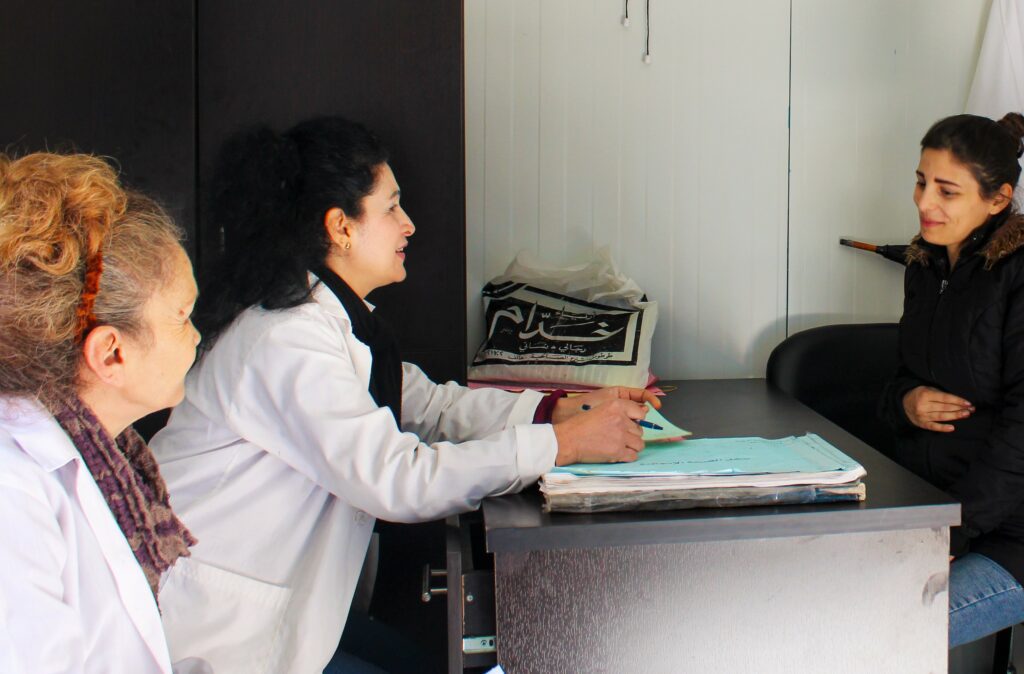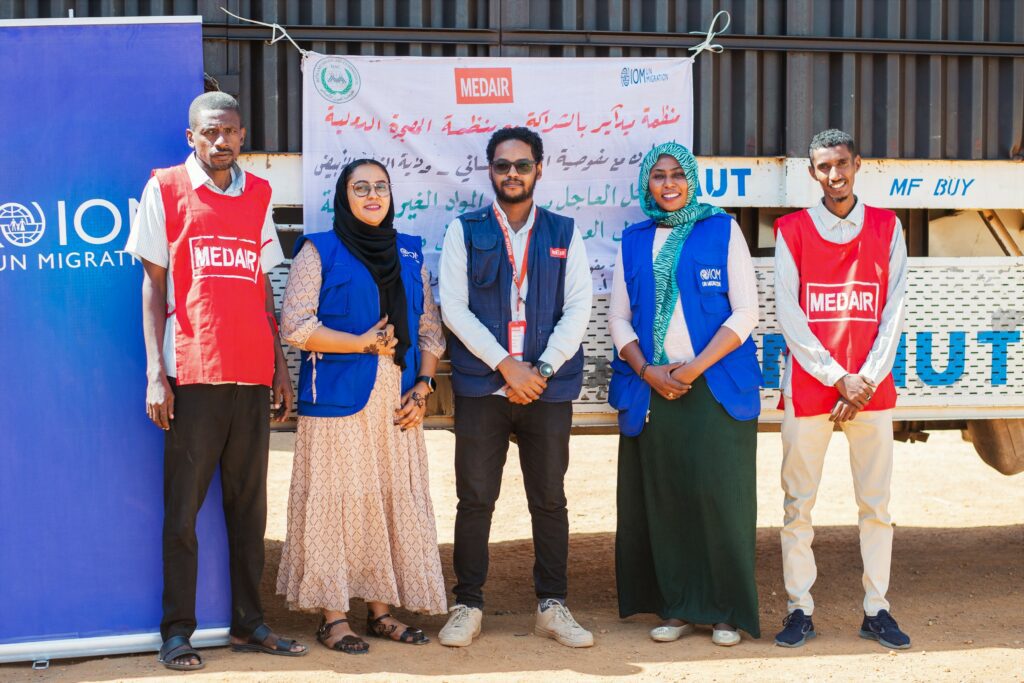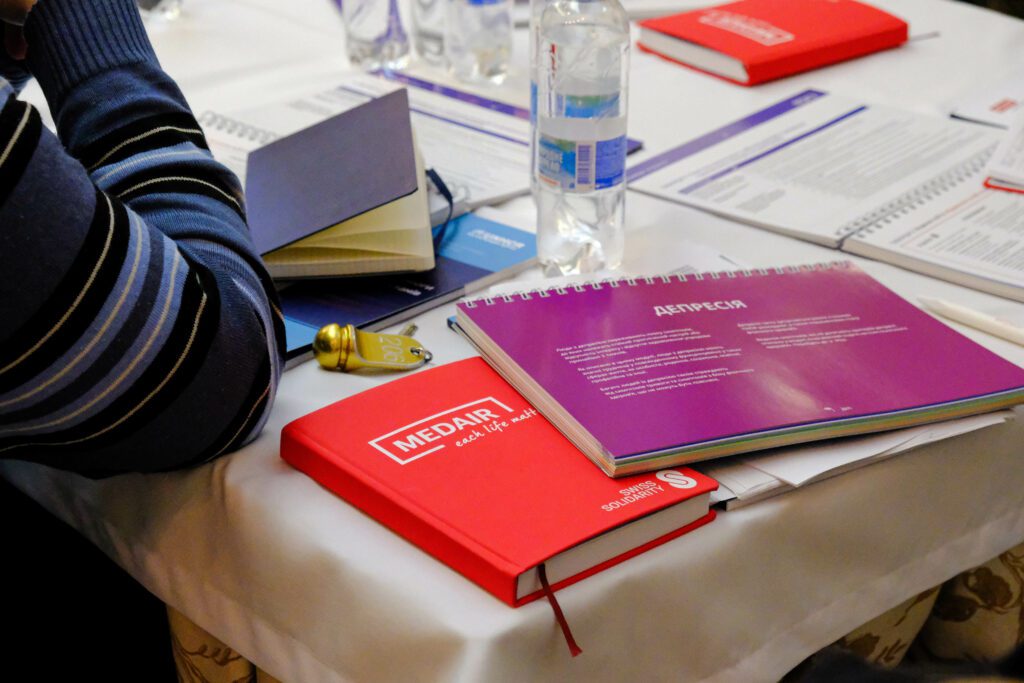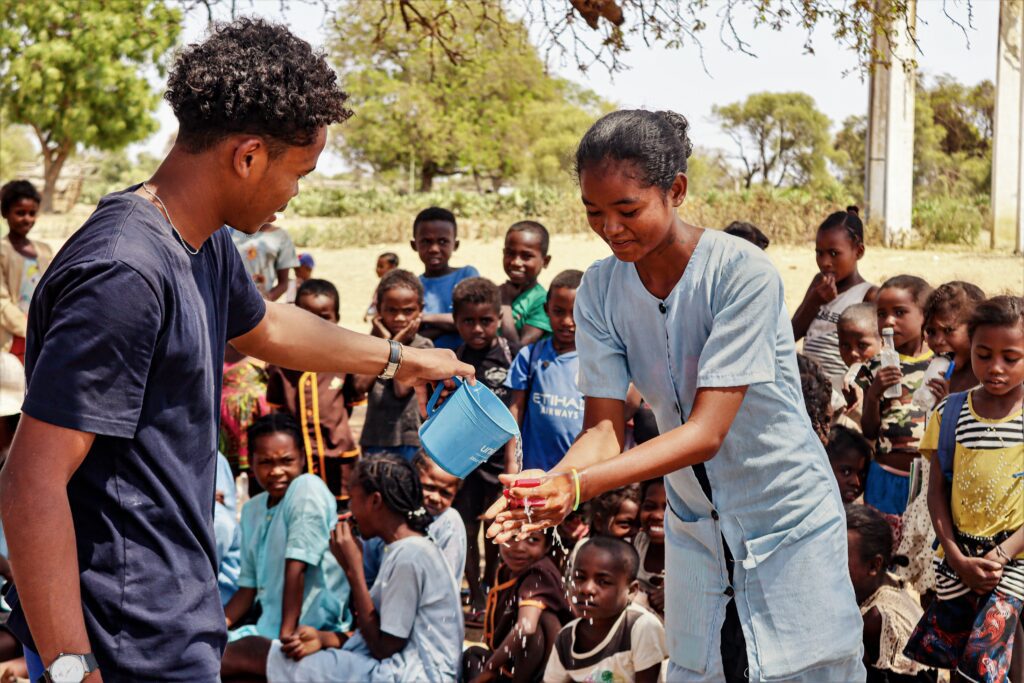South Sudan: Lucky to Be Alive
2'
When you hear about Adiew’s life, it might be hard to think of her as lucky.
When you hear about Adiew’s life, it might be hard to think of her as lucky. When she was 22, Adiew fled from violent conflicts near her home with her husband and four children to reach the Mingkaman displacement settlement on the shores of the Nile River. She hasn’t seen her husband since; he left in search of work and hasn’t returned. A year later, she lost a daughter to malaria; her voice breaks as she speaks about her loss.
Three years have now passed. Still in Mingkaman, Adiew works hard to find enough food for her children, but they rarely eat more than one meal a day: “I collect water lilies, which we eat.”
Yet she counts herself lucky. Adiew survived an infection of cholera, one of the deadliest diseases in South Sudan. She was able to reach the hospital in time and was successfully treated. “It’s a very, very dangerous disease. It kills a lot of people,” she says.
South Sudan faces the longest and most widespread cholera outbreak since its independence in 2011. The highly contagious waterborne disease can kill within hours. “The people in Tar, for example, only have dirty water from the swamps to drink,” says Dr Liz Lewis, Medair relief worker. “At the same time, the swamps are also used for defecation. This forms a major source of contamination. With very few health services available in the area, many lives are at immediate risk of being lost.”
In Ayod, Medair set up a cholera treatment unit, and worked to ensure access to safe water, along with sanitation and hygiene promotion. We’re conducting mass Oral Cholera Vaccine campaigns in South Sudan because sometimes short-term solutions are needed to save lives. These vaccines, given in one or two doses, can help protect someone for up to five years.
In February, Medair vaccinated 30,772 people in two days against cholera in a very remote and difficult-to-access area. Medair is now vaccinating 68,000 people in Mingkaman. “We need to transport in tens of thousands of vials and keep them cold. It’s a major, exhausting undertaking, but knowing that 68,000 people will be protected is worth all the effort!” says Diana, Medair relief worker.
It’s daunting to see so much suffering and not be able to do more to help people like Adiew. Yet, for now, we have been able to support her and her children with a potentially life-saving vaccine.
CHECK OUR LATEST STORIES
Featured StoriesStoriesSyriaHealth and Nutrition
A new life for a clinic in Syria
"The clinic is ready!" The news was music to Dr Eyad's,(the director of Tal Salhab clinic), ears. Medair had just completed the rehabilitation of Tal Salhab's only primary health centre, providing it with much-needed medical equipment – offering a lifeline to over...
StoriesSudanWater, Sanitation and Hygiene (WASH)
The Sudan crisis: how Medair is stepping in
Sudan crisis: how Medair is stepping in Twelve months into the armed conflict in Sudan, it has become the largest displacement crisis in the world. To date, 8.4 million people have been forced to flee their homes, and the number is growing every day. Families have...
StoriesUkraineHealth and NutritionMental Health
The Need for mental health support in Ukraine
“I really enjoyed the organization of these trainings. I’ve already gained a lot of interesting knowledge, which, it seems, I was already familiar with, but had never thought about it deeply. Learning new things, I understand how I can apply them in my work to...
StoriesMadagascarWater, Sanitation and Hygiene (WASH)
Medair’s innovative response to drought
In southern Madagascar, Medair aims to play a key role in improving access to water, sanitation, and hygiene for vulnerable communities affected by drought and 'kere' (famine). Normally, people living in remote villages in southern Madagascar need to walk 10 to 40...
StoriesUkraineShelter and Infrastructure
Surviving Adversity
“Sometime around 6 a.m., my nephew called me and said, ‘Are you still sleeping? THE conflict has started.’ I shouted at my children to turn on the television to watch the news. I never thought I would experience something like this at my age. It was a terrifying...
StoriesJordanHealth and Nutrition
Health Improvement Journey
"We lost everything, our home and farm, therefore I left everything behind me. I carry hope to have a better place for me and for my family," Fozeh said, her voice heavy with the weight of displacement but her spirit resilient with the promise of a brighter future....
StoriesMadagascarWater, Sanitation and Hygiene (WASH)Women & Children
Fetching water, a burden for women
In the struggle of finding clean water, women bear the heaviest load "In addition to my duties as a single mother, I have to fetch water three hours away every day," shares Farasoa, a 38-year-old divorcee raising seven children in the Fokontany of Ambory...
StoriesYemenHealth and Nutrition
From a shack to a health unit
Following nearly a decade of conflict in Yemen, the country has experienced a partial collapse of an already fragile public infrastructure, leaving approximately 66 percent of the population in dire need of humanitarian assistance. Yemen’s healthcare system has...





